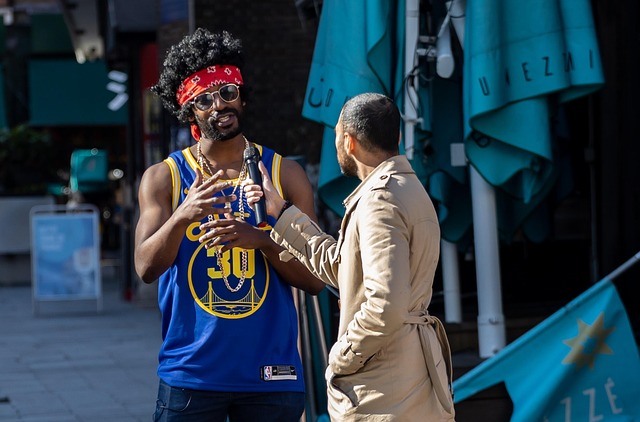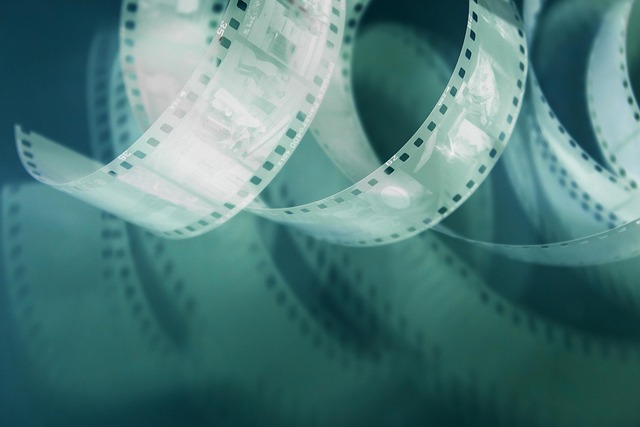The film industry has long been a mirror reflecting society, showcasing its triumphs and failings. However, this reflection is often clouded by stereotypes that limit our understanding of diverse cultures, identities, and experiences. As audiences, we have the power to challenge these stereotypes and demand more authenticity in storytelling.
In the world of entertainment, the impact of stereotypes can be seen across various platforms, from concerts to festivals and cinema. Consider how often certain narratives dominate the big screen: the “wise old mentor,” the “damsel in distress,” or the “crazy artist.” These archetypes, while familiar, tend to oversimplify complex human experiences and reinforce harmful societal norms.
The music industry mirrors this struggle as well. Artists often find themselves boxed into genres and expectations that don’t allow for genuine expression. How many times have we seen a talented musician pigeonholed because they don’t fit a particular stereotype? Breaking free from these molds can open the door to innovative sounds and authentic stories that resonate with a broader audience.
Concerts and festivals provide a unique platform for diverse voices to shine. Yet, even here, we see the dangers of stereotypes at play. Line-ups can sometimes reflect outdated norms, prioritizing familiar faces while sidelining groundbreaking artists who defy conventional labels. When we prioritize varied representation in these spaces, we enrich the cultural tapestry and highlight the true essence of creativity.
The cinema landscape is evolving, slowly breaking down these stereotypes. Films that challenge traditional narratives are gaining traction, resulting in stories that provide more well-rounded perspectives. Movements advocating for inclusivity are gaining momentum, pushing filmmakers to rethink who gets to tell the story and how they tell it. This not only enriches the viewer’s experience but also fosters empathy and understanding in a polarized world.
As consumers of entertainment, we have a responsibility to hold the industry accountable. By supporting projects and artists that challenge stereotypes, we arm ourselves with the ability to influence change. Engaging with works that reflect varied experiences encourages the industry to expand beyond simple categorizations and embrace authenticity.
The power of storytelling lies in its ability to connect us all. By dismantling stereotypes in the film industry and beyond, we not only honor the complexity of human experience but also create space for new ideas and influences that can inspire future generations. So, whether at the cinema, a concert, or a festival, let’s advocate for stories that celebrate our differences, challenge our perceptions, and break the mold.



